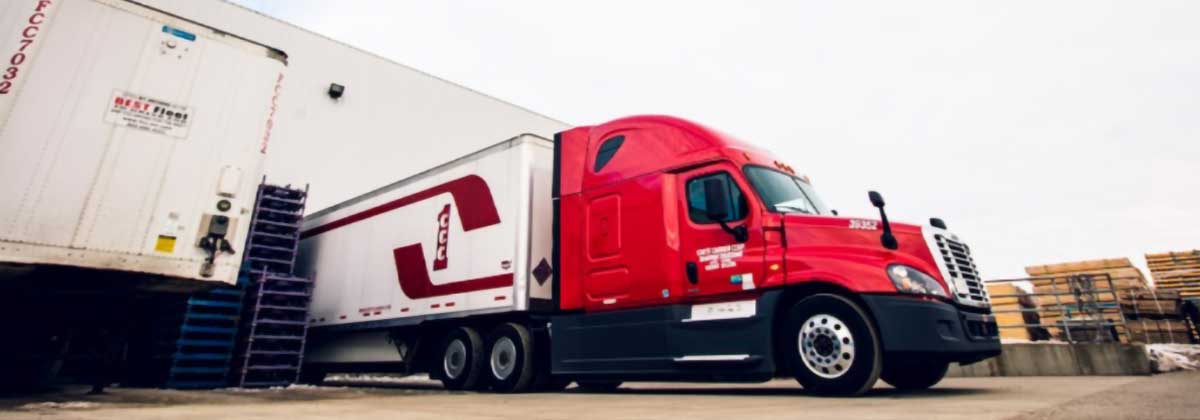Over the last two years we as an industry got to enjoy a strong market for freight movement. Our hard working sales teams were able to use that to build our customer base and find more freight—allowing us to increase and maintain our levels of productivity.
As more carriers buy additional equipment and increase their capacity the supply of available trucks to haul goods is coming closer to meeting market demand. In addition, when we consider that what comes up will eventually come down, we need to understand the fact that our currently strong economy will eventually experience a slowdown. With that in mind, we as a company—including drivers—need to recognize and understand the need to focus on long term customer retention and work together as a team.
What could we do as drivers to help make this happen? We need to think from the perspective of a customer and what we would want. A prime example would be if you called a company to come to your home and do repairs or other services. You should rightfully expect them to arrive on time, be professional, do quality work, and respect your property, right? Well, customers should expect the same from truck drivers who arrive to pick up their cargo.
How can we help as drivers?
Show up on time.
A lot of the freight we haul is time sensitive and needs to go onto a production line or out for delivery on local-based trucks within a short time of our scheduled appointment. While most customers are serious about seeing the results of good service they also realize that delays caused by weather or equipment problems can come up. That is where timely communication between drivers and operations personnel can help to revise pickup and delivery arrangements with our customers and help things go smoother for everyone involved.
Arrive at your loading point with a clean, serviceable trailer.
We haul a lot of food grade loads—as well as other products that dictate the need for a clean trailer to load. A customer will rightfully reject a dirty and/or contaminated trailer—and/or a reefer fuel tank that is low upon arrival—and is then likely to tender that load to a competing carrier. We can minimize the chances of that happening by doing our part.
Be professional.
Dressing in a presentable manner and being well groomed always makes a good first impression to anyone we interact with. How we conduct ourselves also makes a huge difference in how a customer treats us. Many veteran drivers who have embraced professionalism will gladly point out situations where they have been loaded or unloaded in a much timelier manner than a driver who shows up with an attitude problem and gives the clerk a hard time.
Do what a shipper or receiver asks you to do.
If a customer asks you to wear a safety vest, slide your trailer tandems to the rear, or anything else within reason and our company guidelines—then it is best to do it. Otherwise they can refuse to load or unload your trailer and that will definitely cost you and the company time and potential income.
Embrace Higher Standards.
Ever since I first came to work at Crete in 2005 I have taken notice of a higher caliber of drivers here as well as in our Shaffer and Hunt divisions. It has also been great to enjoy a generally higher level of respect out on the road and among shipping and receiving personnel who have verbally given compliments on our overall professionalism.
We can continue to adhere to those standards all while working together as a team to improve in a few areas where it’s needed. After all, the customer base puts food on our tables and provides us with those loads we count on to get home on time for vacations and holidays with our loved ones.



